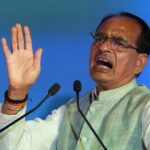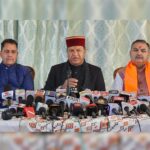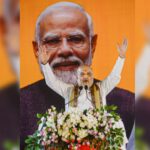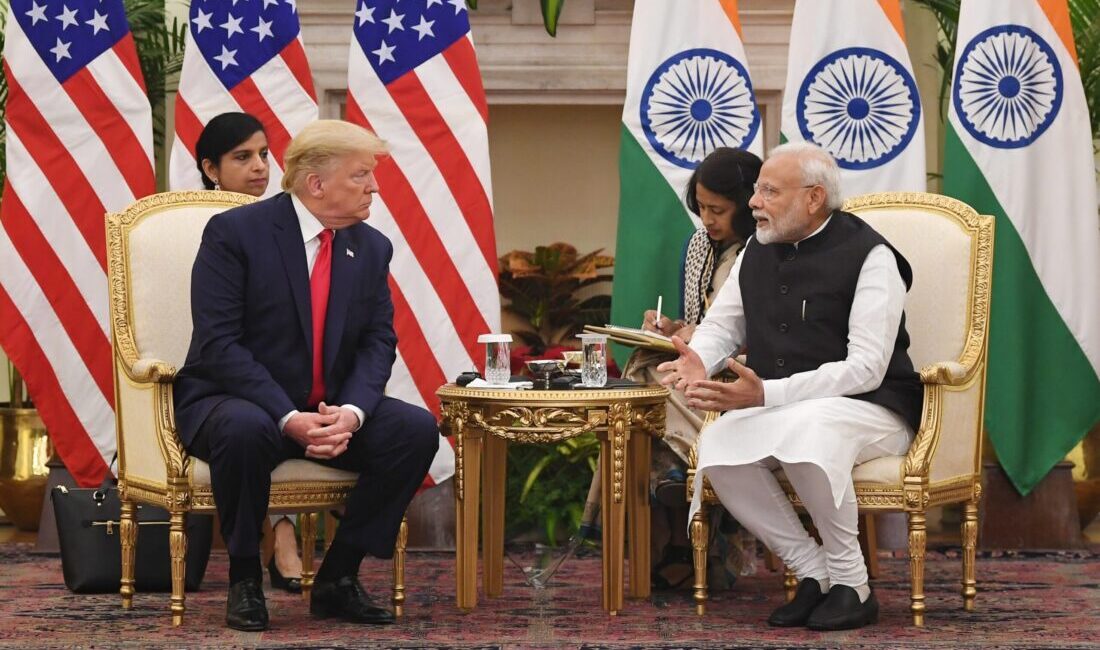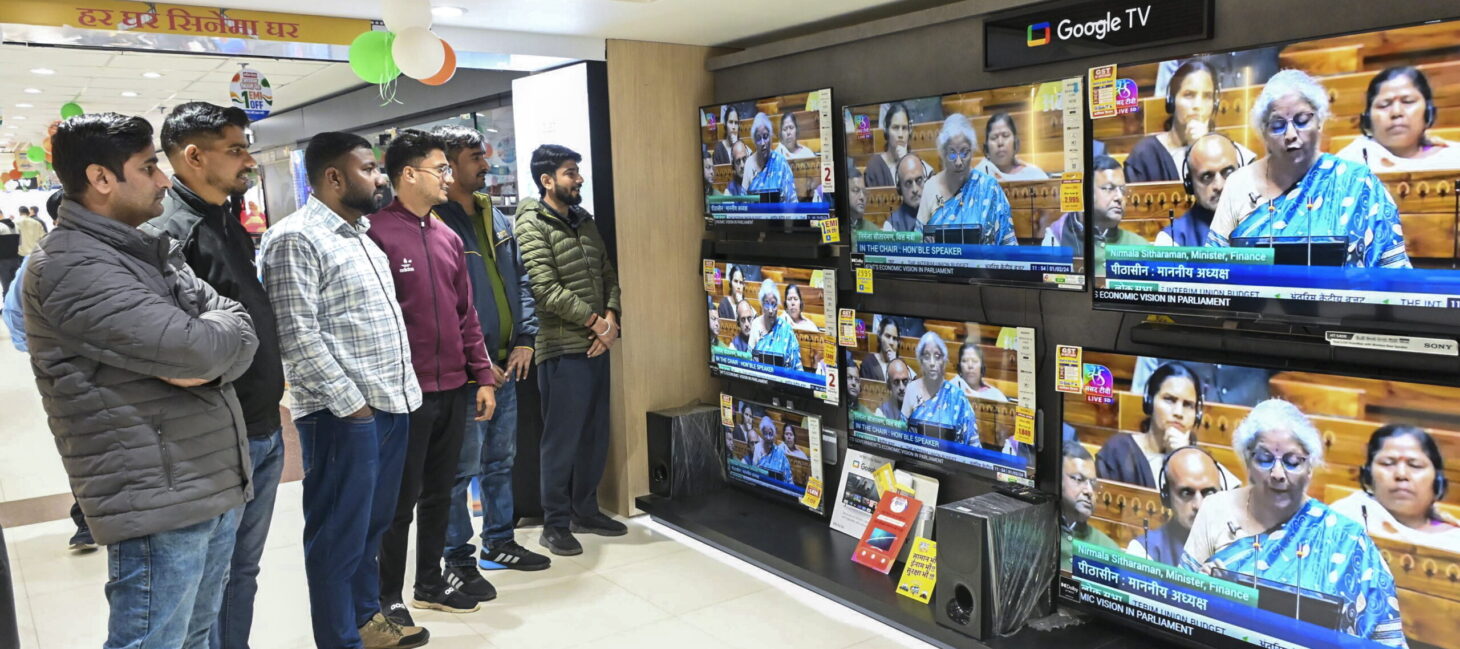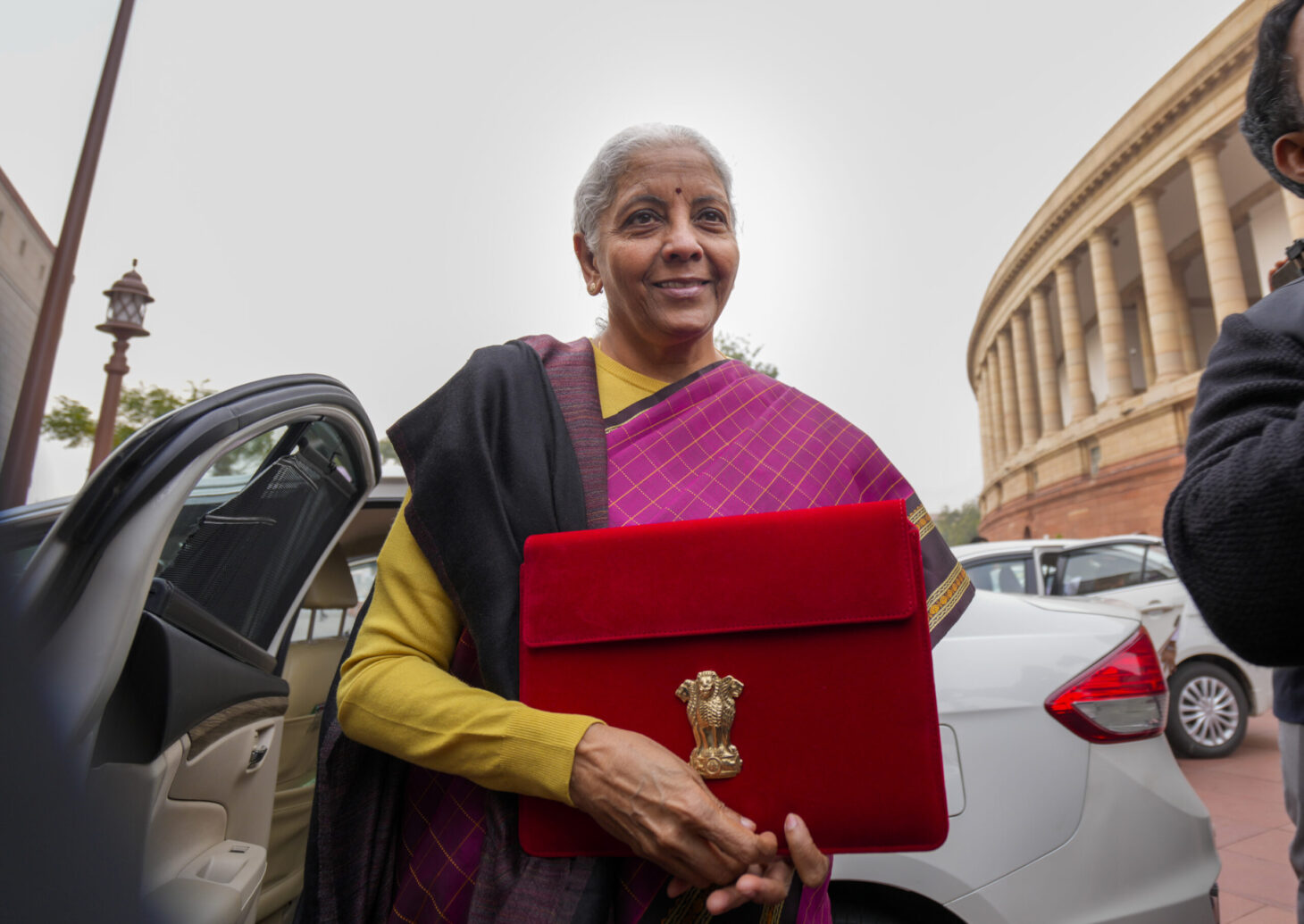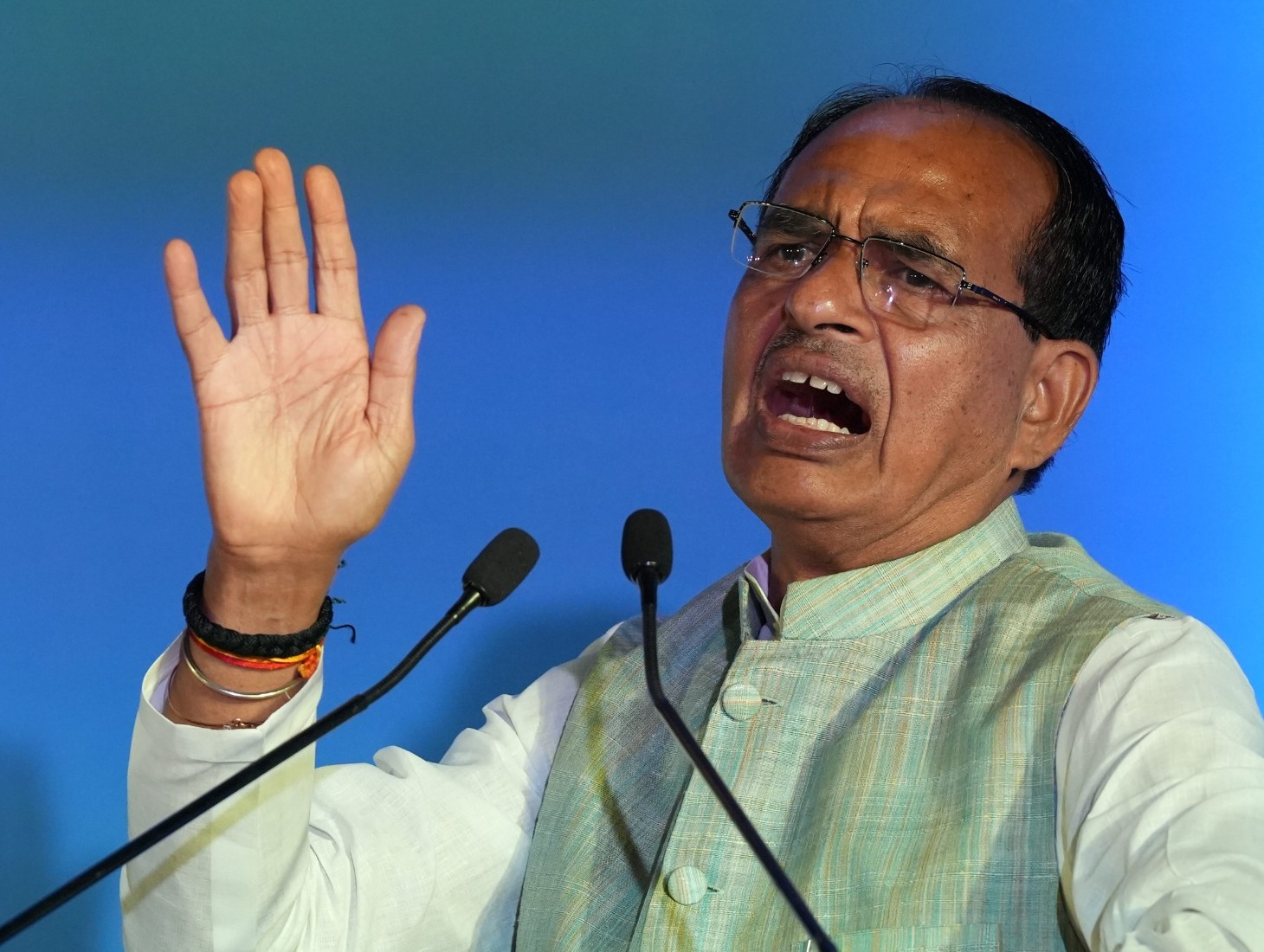
The North News
New Delhi, July 31
After announcing a 25 percent tariff on Indian goods, US President Donald Trump has crossed a diplomatic red line—provoking not only economic irritation, but deepening concerns over the tone of international engagement. His choice of words, laced with undiplomatic barbs aimed at both India and Russia, marks a sharp departure from conventional presidential rhetoric and reflects a broader shift towards combative, personality-driven foreign policy.
For India, this is hardly unfamiliar terrain. From the nuclear tests at Pokhran-II to the indigenous development of cryogenic engine technology in the face of US sanctions, Delhi has long demonstrated its willingness to assert sovereignty under pressure. Then, as now, American resistance was met not with retreat, but with resolve.
Trump, whose unpredictability is by now a feature rather than a flaw of his political brand, oscillates between praise and condemnation with little warning. Today’s partner may become tomorrow’s problem. But this volatility is not entirely spontaneous; it increasingly resembles a deliberate strategy—transactional in nature, calibrated to appeal to a domestic audience rather than to foster stable alliances abroad.
Whether this approach will yield long-term strategic gains for Washington is uncertain. What is more likely is that nations like India, with a historical memory of withstanding coercion, will respond with the same quiet firmness they have shown before.
It started with tariffs and quickly devolved into diplomatic theatre. In yet another show of unpredictability, US President Donald Trump announced a sweeping 25 percent tariff hike on Indian goods , then followed it up with a barrage of accusations on Truth Social, questioning India’s alliance with Russia and mocking its economic relevance. But India has seen this before. And each time, it has emerged stronger.
For a country often underestimated by Western powers, India’s strategic resolve has time and again demonstrated that pressure—especially from Washington—rarely bends its will. In 1998, it was the Pokhran-II nuclear tests that provoked sanctions. In 1992, it was America’s intervention in India’s cryogenic engine deal with Russia that forced New Delhi to go indigenous. The result India built its own tech, launched satellites to the Moon and Mars, and stood taller on the world stage.
Trump’s latest tantrum is not merely about trade. It’s an attempt to impose political will by economic means. His contemptuous language, including claims that India and Russia are “trying to take their dead economies down together,” violates every norm of diplomatic decency. But India, no longer a junior partner in global affairs, is unlikely to be cowed.
India’s discounted oil trade with Russia is not about defiance—it is about national interest and economic logic. In FY2024 alone, it saved the Indian exchequer over $25 billion. This is not rebellion; it is rational, sovereign decision-making. Trump’s desire to penalise this partnership not only misreads India’s intent but miscalculates the costs—both economic and strategic.
And let’s be clear—tariffs won’t just hurt Indian exporters. They’ll boomerang. India supplies 65 percent of generic medicines to the U.S. Any disruption could spike healthcare costs for American patients, becoming a political liability for Trump as he eyes re-election.
Beneath all this lies a murkier question: What really drives Trump’s tilt toward Pakistan? His social media flattery of the Pakistani military chief, a cryptocurrency partnership between Trump-linked firms and Pakistan’s crypto council, and a US.-Pakistan oil deal linked to figures close to Trump’s inner circle raise troubling questions. Is this diplomacy—or private profit masquerading as foreign policy?
India, meanwhile, remains a pillar of the Global South, a G20 power, and a bulwark against Chinese aggression. By antagonising New Delhi, Trump risks unravelling decades of bipartisan American efforts to build a strategic alliance with India. This is not the 1990s. India is not a country waiting for approval—it is a country setting its own terms.
India’s Ministry of Commerce rightly reminded Washington that it will do “whatever is necessary” to defend its interests. That doesn’t mean retaliation, but it certainly rules out submission. India seeks partnership, not patronage. And it won’t accept ultimatums dressed up as policy.
Union Minister of Commerce and Industry Piyush Goyal on Thursday told Parliament that India will safeguard the interests of its farmers, MSMEs, and entrepreneurs in response to Trump’s tariff announcement.
Trump may be playing to his base, but his theatrics have global consequences. If the US wants India as an ally in shaping a multipolar world, it must abandon the muscle-flexing. India doesn’t forget how it was treated—but it has always shown that it can rise above it.
Because if history has taught us anything, it’s this: India may listen—but it doesn’t kneel.




